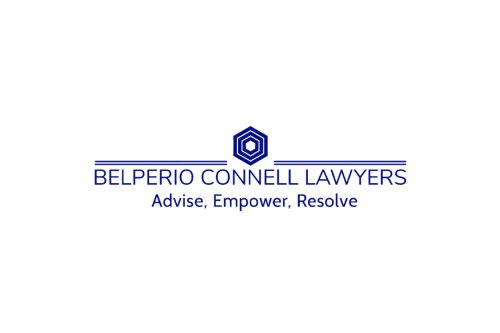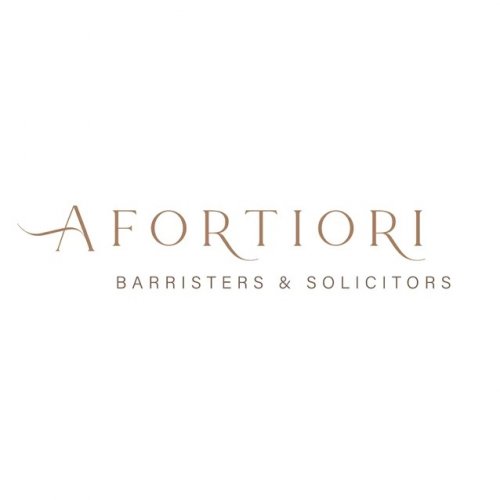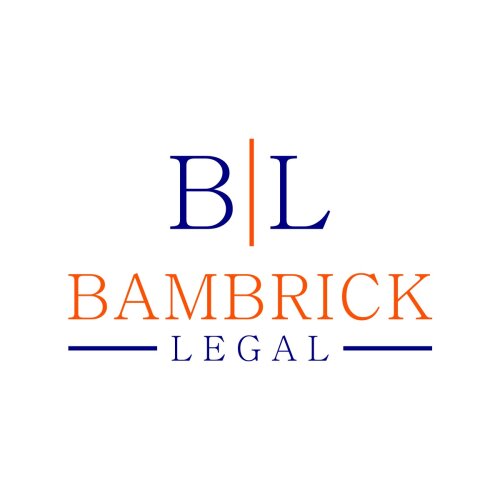Best Elder Law Lawyers in Adelaide
Share your needs with us, get contacted by law firms.
Free. Takes 2 min.
List of the best lawyers in Adelaide, Australia
About Elder Law in Adelaide, Australia
Elder Law in Adelaide, Australia, is a specialized area of legal practice focusing on issues that affect the elderly. This area encompasses a variety of important topics, including estate planning, retirement, age discrimination, elder abuse, and guardianship. The goal of Elder Law is to provide support and legal protection to senior citizens and their families, ensuring their rights and well-being are upheld. Professionals working in this field in Adelaide are tasked with navigating complex legal issues within the local and broader Australian context.
Why You May Need a Lawyer
There are several situations where individuals, especially seniors and their families, might require legal assistance in Elder Law. These include drafting wills, establishing powers of attorney, managing or disputing estates, addressing issues of elder abuse or neglect, ensuring age discrimination does not occur in workplaces or facilities, and assisting with the legal aspects of aged care arrangements. Legal professionals can help simplify these processes and safeguard the rights of the elderly.
Local Laws Overview
In Adelaide, and more broadly in South Australia, specific laws are designed to protect the interests of older adults. Key legislation includes the Age Discrimination Act 2004, which ensures older individuals are not discriminated against in various settings, and the Aged Care Act 1997, governing the standards and quality of aged care services. Moreover, provisions under the South Australian Advance Care Directives Act 2013 allow individuals to make legally binding decisions about their future health and financial matters. These laws and regulations provide the framework for addressing legal issues relevant to the elderly in Adelaide.
Frequently Asked Questions
What is an Advance Care Directive?
An Advance Care Directive is a legal document that allows an individual to specify their wishes regarding future health care and personal matters. It can include appointing a substitute decision-maker if they are unable to make decisions themselves.
Can a Power of Attorney be used after someone’s death?
No, a Power of Attorney is only effective while the person is alive. After death, the estate's execution follows the directions laid out in the person’s will.
What steps can be taken if elder abuse is suspected?
If elder abuse is suspected, it is important to report it to the relevant authorities, such as the South Australian Police or the Aged Rights Advocacy Service (ARAS). Additionally, obtaining legal advice is crucial to address and prevent further abuse.
Does age discrimination apply to employment in Adelaide?
Yes, under the Age Discrimination Act 2004, it is illegal to discriminate against someone in employment based on their age. This includes hiring, promotion, training, or termination practices.
How can I contest a will in Adelaide?
To contest a will, you generally need to be an eligible person and believe you have been unfairly provided for. The process involves applying to the court to challenge the terms of the will. Legal advice is strongly recommended.
What are the legal requirements for making a will?
A valid will in South Australia must be in writing, signed by the testator, and witnessed by two persons who are not beneficiaries of the will. It’s advisable to seek legal assistance to ensure it meets all legal requirements.
Are there legal protections against financial elder abuse?
Yes, the law provides mechanisms to protect older individuals from financial abuse, such as through careful drafting of financial powers of attorney and monitoring of financial accounts. Legal avenues are available to recover misappropriated funds.
What is guardianship in the context of Elder Law?
Guardianship refers to a legal arrangement where a guardian is appointed to make personal or lifestyle decisions for someone who is unable to do so themselves due to incapacity. This is governed by South Australia’s guardianship laws.
How can one plan for aged care costs?
Planning for aged care costs involves understanding the different types of fees and charges related to residential and home care services. Legal and financial advisors can provide guidance on managing these expenses and structuring assets.
Where should I report dementia-related legal issues?
For dementia-related legal concerns, resources like the Dementia Australia and the Office of the Public Advocate can provide guidance and support to ensure proper legal and healthcare arrangements are made.
Additional Resources
Several resources and organizations can provide assistance and information on Elder Law in Adelaide. The Aged Rights Advocacy Service (ARAS) offers support for elder abuse concerns, while Dementia Australia provides information and resources for those dealing with dementia-related legal issues. The Office of the Public Advocate can also provide guidance on guardianship and administration matters.
Next Steps
If you believe you need legal help in the field of Elder Law, it is important to consult with a qualified lawyer who specializes in this area. Start by gathering all relevant documents and details of your situation. Consider contacting a local law firm that specializes in Elder Law for a consultation to discuss your needs. Additionally, the Law Society of South Australia can be a resource for finding accredited and experienced legal professionals in this field.
Lawzana helps you find the best lawyers and law firms in Adelaide through a curated and pre-screened list of qualified legal professionals. Our platform offers rankings and detailed profiles of attorneys and law firms, allowing you to compare based on practice areas, including Elder Law, experience, and client feedback.
Each profile includes a description of the firm's areas of practice, client reviews, team members and partners, year of establishment, spoken languages, office locations, contact information, social media presence, and any published articles or resources. Most firms on our platform speak English and are experienced in both local and international legal matters.
Get a quote from top-rated law firms in Adelaide, Australia — quickly, securely, and without unnecessary hassle.
Disclaimer:
The information provided on this page is for general informational purposes only and does not constitute legal advice. While we strive to ensure the accuracy and relevance of the content, legal information may change over time, and interpretations of the law can vary. You should always consult with a qualified legal professional for advice specific to your situation.
We disclaim all liability for actions taken or not taken based on the content of this page. If you believe any information is incorrect or outdated, please contact us, and we will review and update it where appropriate.

















